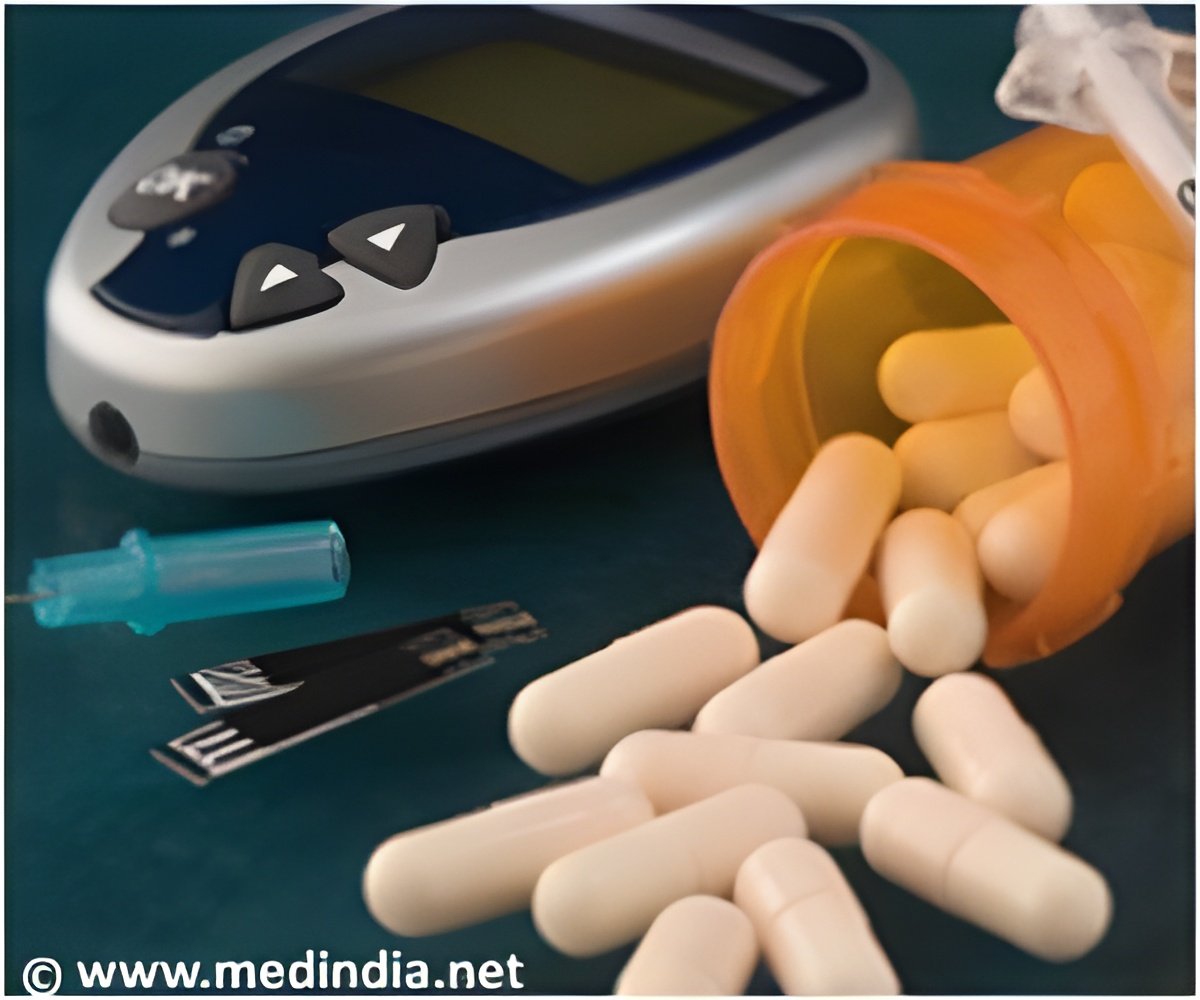Regular use of acid reflux drugs, like proton pump inhibitors, or PPIs, is linked to a heightened risk of developing type 2 diabetes, reports a new study.

PPIs are used to treat indigestion, acid reflux, and peptic ulcers. They are among the top ten most commonly used drugs worldwide. Long-term use has been tied to an increased risk of chronic kidney disease, bone fractures, gut infections, and stomach cancer.
In 2014, the global prevalence of type 2 diabetes was 8.5 percent, and the researchers wanted to find out if the widespread use of PPIs and the high prevalence of diabetes might be linked.
The study drew on information supplied by participants, aged 25 to 75 in the United States Nurses' Health Study, which began in 1976 (NHS), the NHS II, which began in 1989, and the Health Professionals Follow-up Study (HPFS), which started in 1986. At enrolment and every two years after that, participants updated information on their health behaviors, medical history, and newly diagnosed conditions.
After taking account of possible influential factors, including high cholesterol, high blood pressure, physical inactivity, and use of other medication, those who regularly used PPIs were 24 percent more likely to develop type 2 diabetes than those who didn't.
Given the wide range of side effects and the increased risk of diabetes, doctors should thoroughly weigh up the pros and cons before prescribing these drugs. "For patients who have to receive long-term PPI treatment, screening for abnormal blood glucose and type 2 diabetes is recommended," they suggest.
Advertisement













